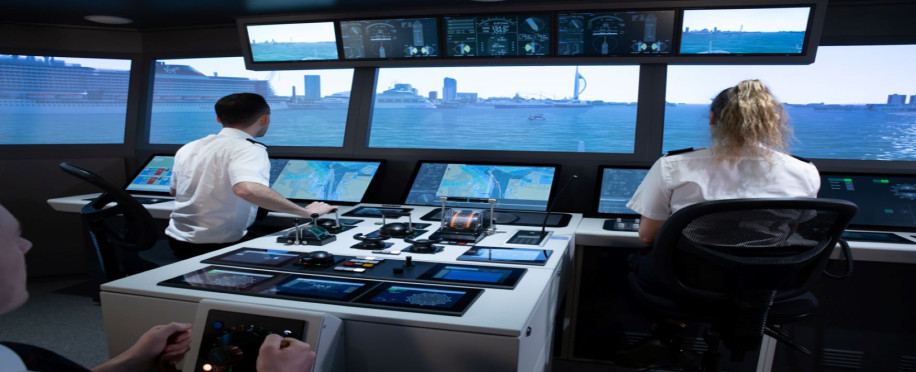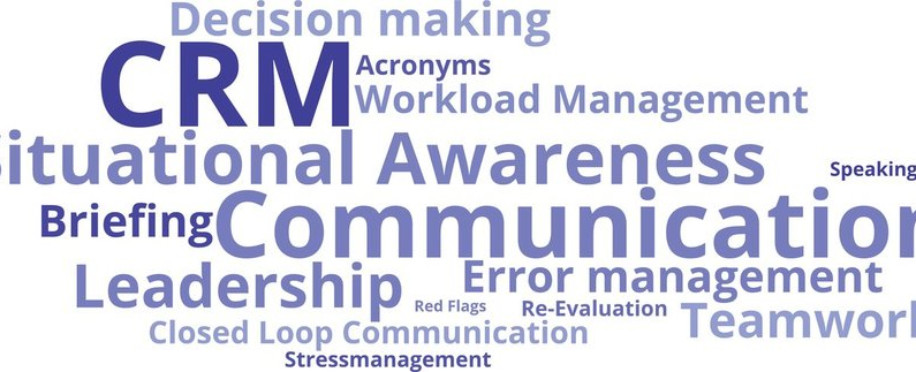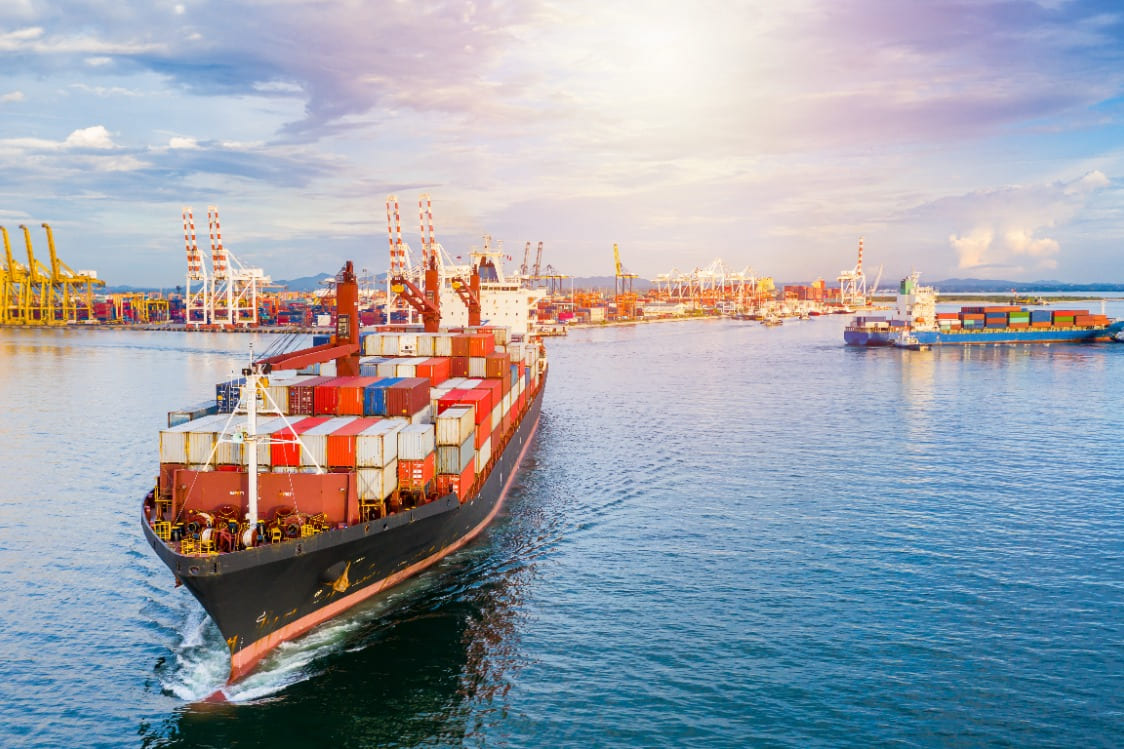The Essential Seafaring Skills Every Modern Sailor Needs
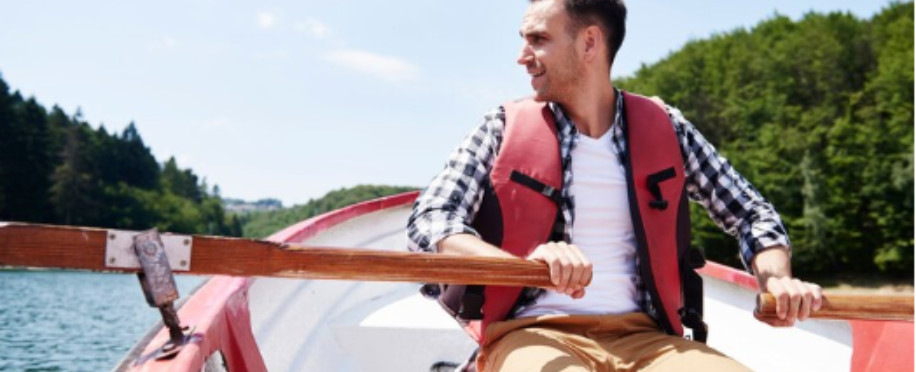
Posted on Apr 12, 2024 at 05:04 PM
Sailing ability is not just a seafaring skill that you learn, but rather a group of seafaring skills and nautical knowledge that include going through the sea safely and handling seafaring activities without endangering your crew, vessel, or cargo.
The seafaring skills and abilities in the maritime industry include all the basic and vital required skills that allow you to face critical maritime and marine challenges without any big damages or losses, including pirate attacks, hard wind, major storms, and many others. That requires professional and fundamental seamanship skills to survive.
On the other hand, although some of the ancient seafaring skills are still required, we cannot ignore the new nautical skills required to navigate the sea with the new renowned maritime technology.
Today, we will explore with you the 8 key seafaring skills that influence the successful development of maritime careers in our days.
-
Safety Procedures and Emergency Response:
The safety of your working people and effective bridge resource management (BRM) are part of your obvious responsibilities during a regular activity or emergency experience on the ocean.
Thus, developing your seafaring skills to understand and keep up with effective safety protocols is vital at sea to ensure crew and vessel well-being.
Moreover, professional emergency strategies, techniques, and action plans during fire drills, man overboard procedures, and other critical situations are required to maintain aboard operations and response effectively ensuring a safe voyage and minimising risks.
-
Weather Forecasting and Understanding:
Professional planning skill is required to set a safe and effective maritime voyage, and for that to be done your seafaring skills must include real academic knowledge in weather forecasting and included technologies.
As these congregated seafaring knowledge skills refer to sailors' ability to anticipate weather patterns meaning they will be able to make informed decisions, adjust route plans, and enhance safety based on the changing conditions. Leading to mitigating potential sail hazards like storms or rough seas, and boosting safety and efficiency.
-
Basic Navigation Knowledge:
Navigation seafaring skills are more than vital in any water process, as they help the ship crew to read a published map, navigate mysterious waters, know their position, plan their next step, and adjust effectively.
These navigation skills include exploring nautical charts, using navigational instruments, and learning how to understand principles such as dead reckoning and celestial navigation.
-
Vessel Maintenance and Repair Practices:
However, although the maintenance of ships is not the responsibility of all seafarers, as a special maintenance team should hold that responsibility. Yet, that does not mean that your seafaring skills must not include the foundation knowledge of ship and maritime tools maintenance and exploration.
As the basic vessel maintenance and repair practices are essential for ensuring the seaworthiness and longevity of maritime assets. This seafaring skill refers to regular body inspections, routine maintenance tasks, and the ability to address common issues promptly.
These maintenance seafaring skills and practices lead to better productivity and performance of the vessel, minimise downtime, and prevent costly repairs while at sea.
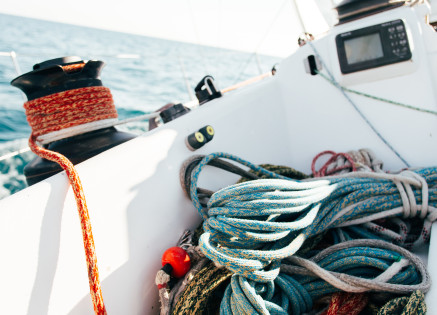
-
Communication Skills at Sea:
Whether we are talking about communication processes within the same boat, among ships, or between the vessels and coastal operation points, having clear and effective communication skills is vital for safe and efficient operations onboard.
Moreover, the marine human element courses in London highlight the importance of effective water soft skills, including communication skills. As they lead to better teamwork, facilitate decision-making processes, and ensure instant responses to emergencies, ultimately enhancing the maritime productivity program and safety approach, and passing dangerous attacks from pirates.
-
Effective and Safe Anchoring:
Having good anchoring skills was a crucial ancient seafaring skill, and it is still till today despite all the aspiring evolution in nautical technologies, as it is the best way to guarantee vessel stability and security while moored or at anchor and prevent drifting.
To top-notch this seafaring skill you need to understand various attached factors such as bottom conditions, tidal currents, and wind patterns to get the essential information to achieve appropriate anchorage locations and deploy anchors effectively.
-
Route Planning and Adjusting:
This skill mastering is a result of mastering all the previously mentioned seafaring skills from weather forecasts to navigational hazards, and fuel consumption to find and decide the safest and most time-efficient road.
Furthermore, the ability to achieve continual monitoring of weather conditions and vessel performance allows for timely adjustments to the planned route and ensures timely arrival and product delivery.
-
Understanding of Maritime Advanced Technology:
There are great technological advancements in seafaring and sailing technologies that make nautical processes more efficient, thus developing your seafaring skills to embrace maritime advanced technology is vital.
Moreover, familiarity with modern navigation aids, including GPS navigation systems, radar equipment, communication devices, and automated systems improves operational efficiency, navigational accuracy, and situational awareness at sea.
Finally,
All these seafaring skills aim to achieve better seafaring conditions with effective practical and leadership skills in all required seamanship techniques.
Thus, training your workers based on the latest seafaring skills with the accredited London Maritime Academy which has expert tutors, a professional curriculum, and practical training is essential to prepare the best team with powerful skills for all nautical conditions.
